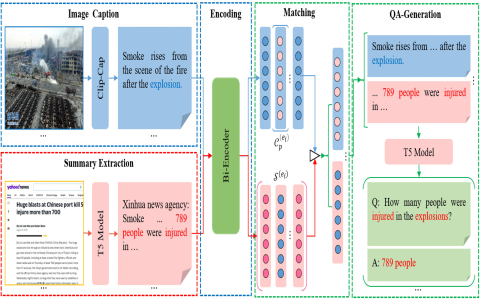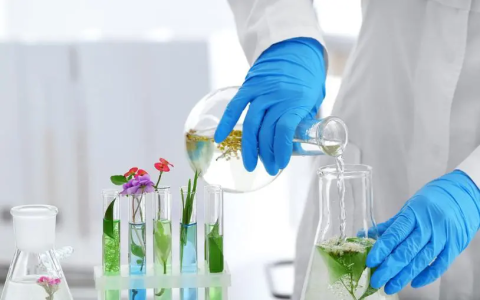So, you hear a lot about Ji Ke, or Fructus Aurantii as some fancy folks call it. People chat about its uses, how it helps with this and that. I’ve always been a bit of a “see it to believe it” kind of guy, especially with traditional stuff.
My Own Little Experiment
I remember this one period, a while back, I was feeling constantly bloated. You know, like I’d swallowed a beach ball after every meal, no matter how little I ate. It was uncomfortable, made me sluggish, the whole nine yards. I tried cutting out certain foods, drinking more water, all the usual advice, but nothing seemed to kick it.
Then, my neighbor, old Mr. Chen, saw me looking a bit green around the gills one afternoon. He’s one of those who swears by the old ways. He just squinted at me and said, “Ah, sounds like your qi is stuck. Maybe some Ji Ke would sort you out.”
Getting My Hands on It
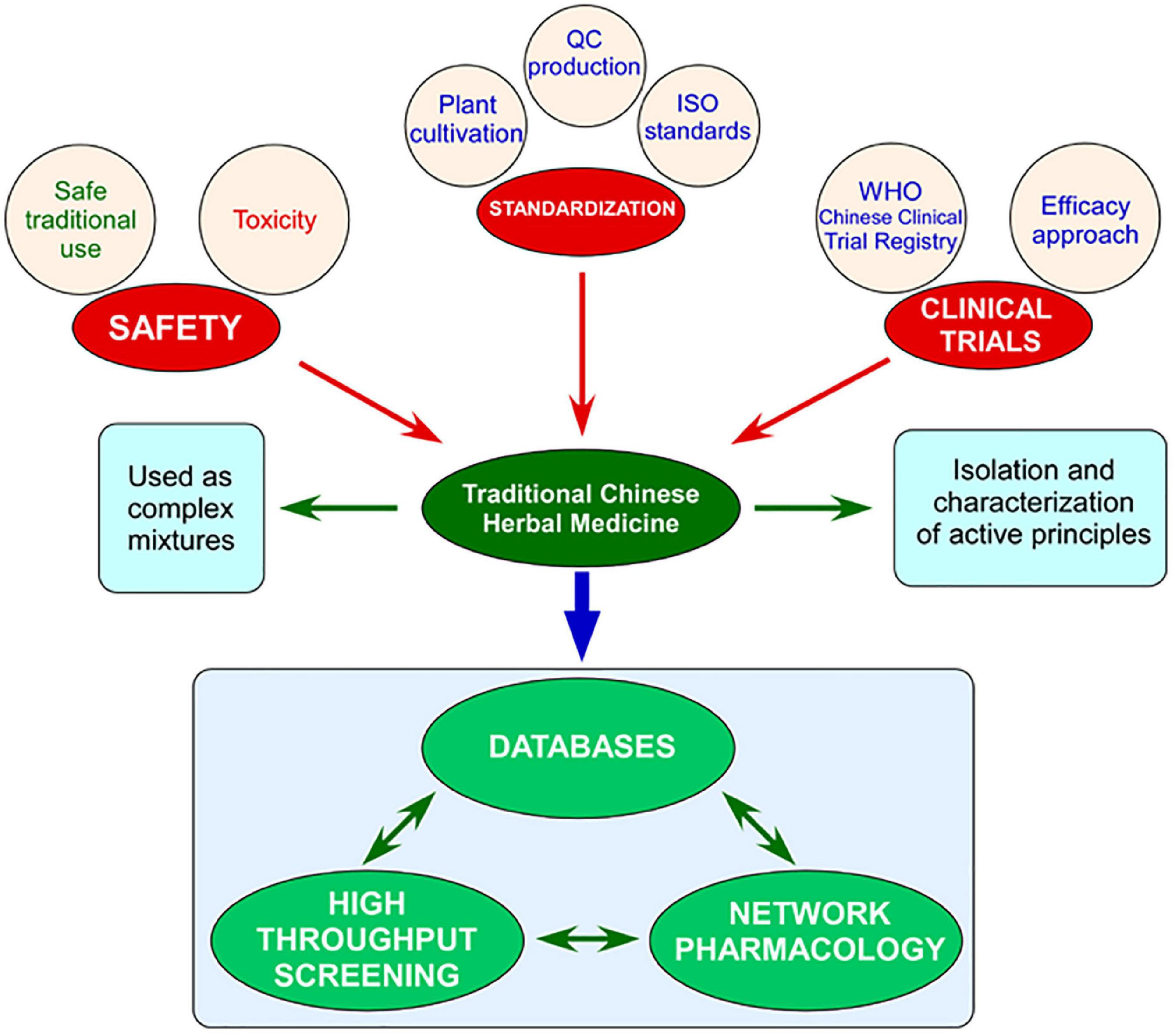
I was skeptical, naturally. “Ji Ke? What’s that?” I asked. He chuckled and told me it was basically dried bitter orange. He had some he’d gotten from a traditional herb shop. He didn’t make a big fuss, just gave me a small handful of these dried, leathery pieces of what looked like orange peel, but darker and way harder.
He told me to just boil it in water for a bit and drink the “tea.” Simple enough, I thought. What did I have to lose, right? So, I went home, washed the pieces like he said, and put them in a small pot with some water. Let it simmer for a good 15-20 minutes. The kitchen started smelling quite pungent, a bit bitter, a bit citrusy, but not like a fresh orange, more earthy.
The Taste Test and What Happened Next
The resulting liquid was a dark amber color. I poured a small cup. First sip? Whoa, bitter! Not terribly unpleasant, but definitely an acquired taste. I drank it down, not expecting much, to be honest. Just another one of those things you try.
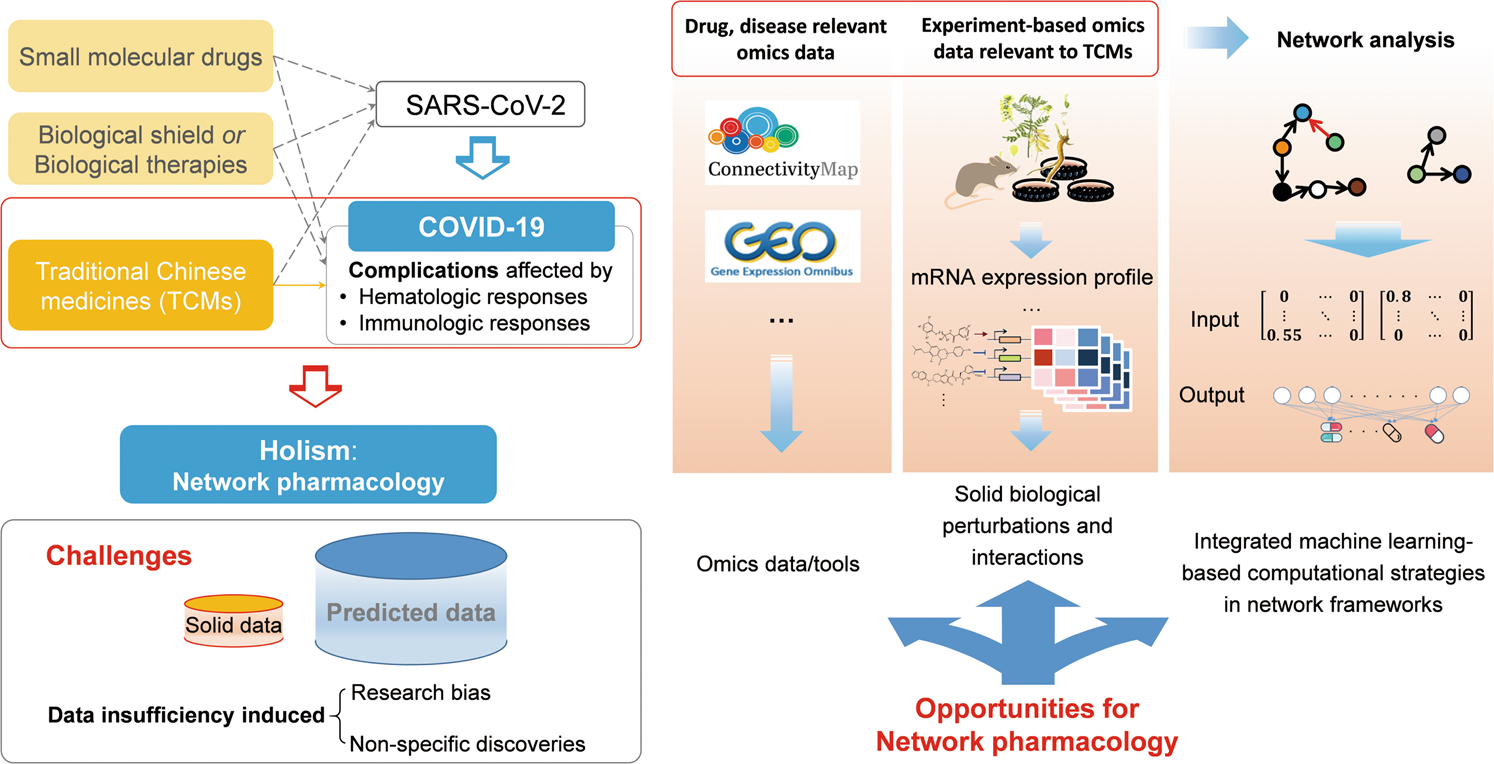
I went about my evening. Maybe an hour or two later, I started to notice something. That tight, balloon-like feeling in my stomach began to ease, just a little. It wasn’t dramatic, no sudden fireworks or anything. But things felt… looser. Like a knot was slowly untying. Over the next few hours, I definitely felt less pressure, and my digestion seemed to get a bit more active, if you catch my drift.
The next day, I still felt better. Not 100% cured overnight, but a significant improvement. I tried the Ji Ke tea for another two days, just a small cup each day. The bloating pretty much disappeared. Was it purely the Ji Ke? Was it a placebo? Was my body just finally ready to sort itself out anyway? I can’t say for sure, I’m no scientist.
My Thoughts on It Now
But here’s what I took away from it. For me, in that specific situation, it seemed to help. It felt like it gently nudged my system back into gear. I haven’t used it regularly since, only on a rare occasion if I get that super uncomfortable, “stuck” feeling. It’s not something I’d just take willy-nilly, because I believe even natural things can be strong.
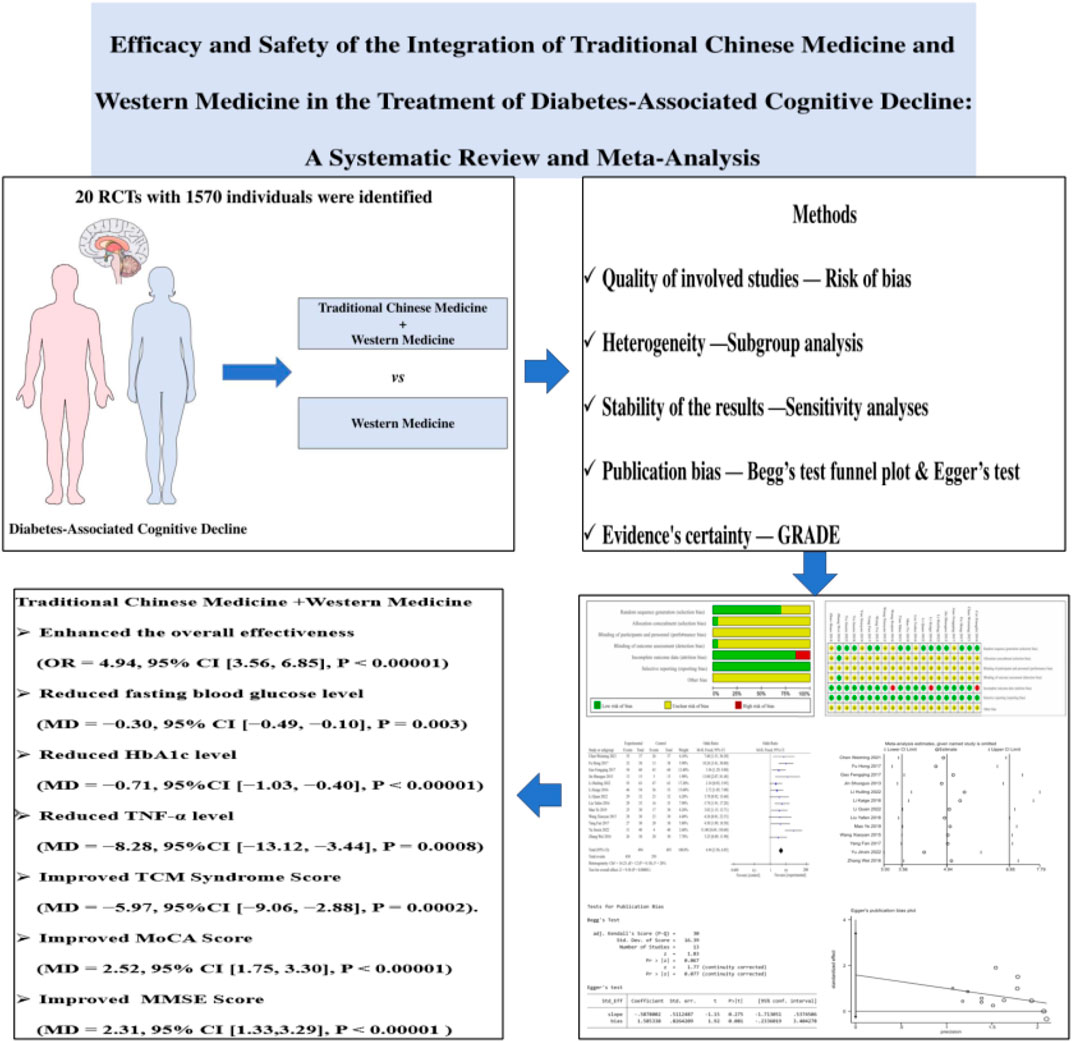
It’s interesting, though. These remedies have been around for ages. Maybe there’s something to them, even if we don’t fully understand how they work from a modern science perspective all the time. My little experiment with Ji Ke didn’t make me a hardcore convert to all traditional medicines, but it definitely made me a bit more open-minded. Sometimes, the old ways have a bit of wisdom, especially for simple, everyday discomforts. But again, that was just my experience, my body. Everyone’s different, right?
